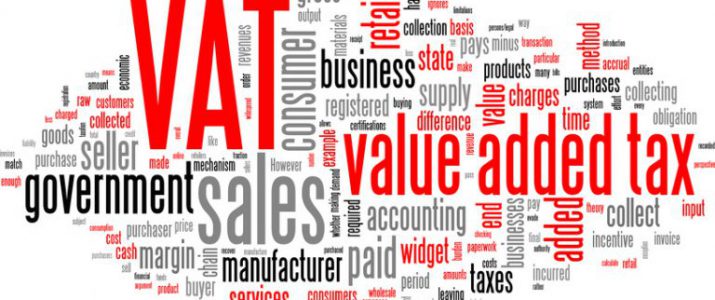Labour uniform codes
As per the information gathered by me from news/media/notifications, etc on new 4 labour uniform codes- few provisions are being implemented w.e.f. 1-7-22 by Central Govt and rest shall be notified by States as per their “State – Reforms of Labour Code” and dates for implementation shall be as per their state’s gazette notification, the central rules are as under: (Attaching latest booklet on the matter)
*W.e.f 1.7.2022*
2. Basic is mandatory 50% of CTC. So pf in any case 12% on Basic that is 50% of CTC.
*Important Note:* Basic can not be less than 50% of CTC but in Minimum wages – that consists of Basic + DA as part of basic therefore for those employees who are getting minimum wages can not be further bifurcated.
NEW LABOUR LAW REFORM CODES: (total 29 existing labour laws merged in 4 new Reform Codes)
The central government has notified four labour codes, namely,
1. the Code on Wages, 2019, on August 8, 2019; (amalgamated 4 laws)
2. the Industrial Relations Code, 2020, (amalgamated 3 laws)
3. the Code on Social Security, 2020, (amalgamated 9 laws) and
4. the Occupational Safety, Health and Working Conditions Code, 2020 on September 29, 2020. (amalgamated 13 laws)
COMPONENTS OF THE MINIMUM WAGE:-
The statutory minimum wage is based on the gross wage payable for a normal working week, i.e. before overtime payments.
MINIMUM WAGE COMPONENTS:
1. the basic wage agreed in your contract;
2. performance-related payments and allowances for shift work, irregular hours, etc.;
3. weekly or monthly fixed payments for the turnover you generate;
4. work-related payments by third parties, e.g. tips or payments agreed between you and your employer;
(The total of these amounts may not be lower than the minimum wage.)
INCOME NOT INCLUDED IN THE MINIMUM WAGE:
Some income components are not included in the calculation of the minimum wage:
1. overtime pay;
2. leave allowance;
3. profit shares;
4. special payments, e.g. incidental payments received for reaching sales targets;
5. future payments you receive subject to certain conditions (e.g. pension and saving schemes to which the employer contributes);
6. expense allowances;
7. end-of-year allowances.
PART-TIME WORK AND THE MINIMUM WAGE
Your gross minimum wage depends on how many hours you work. If you work part time the gross minimum wage is proportionately lower.
Therefore, you are requested to be in touch with experts on the subject for implementing dates of Labour Codes state wise because our company works pan-India.
Read our other blog – Latest Taxation, GST and Other Updates





